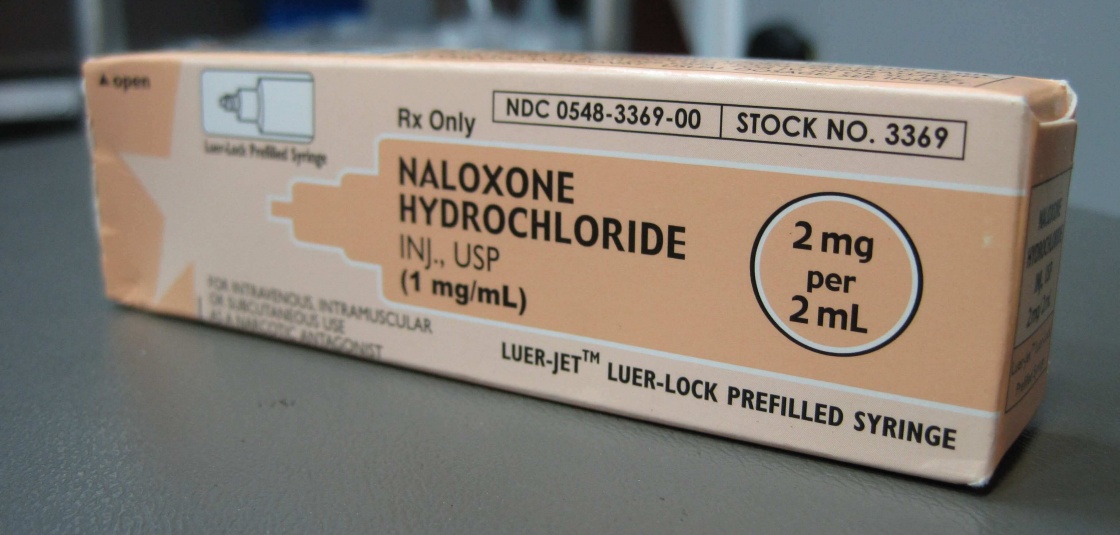SPRINGFIELD, Mo. — The fight to eliminate the opioid epidemic will take place on many fronts, but synthetic opioid addiction will be one of the tougher battles.
“Opioid problems in Missouri have been present for years,” Cox Health injury prevention outreach educator Tom Emery says. “It’s not a daily occurrence, but there are different levels of it.”
Synthetic opioids (most notably, fentanyl) are particularly nasty. Fentanyl is stronger than morphine.
“People don’t understand when they cut their street drugs with it, specifically heroin, the fentanyl – there’s a new version of it call carfentanil, and that’s even stronger than normal fentanyl – and when they cut that heroin with the drug, they don’t understand that those effects are multiplied many times and they get a dose that their body can’t handle,” Emery said.
That leads to a troubling situation in the event of an overdose. Narcan can be a fast-acting antidote, but the stronger the dose of a synthetic opioid, the more difficult that is.
“It does work against Fentanyl, the issue becomes that once the Narcan has knocked fentanyl off the opioid receptors, which is how it works, it doesn’t do anything to change it – it’s still in your body,” Emery said. “Then, as the Narcan wears off, the fentanyl reattaches to those opioid receptors and knocks out your breathing again, back to the same problem. Repeated doses of Narcan are usually necessary for those stronger doses.”
That comes with a real-world cost to local responders, who pay out of pocket to keep Narcan in stock. Willard’s emergency teams keep eight doses of Narcan on hand, which costs them around $400. It used to cost around $50. Having to use two doses on one case adds up.
“We’re looking at a cost increase of ten-fold over what we were paying for this just a few years ago,” Willard assistant fire chief David Deck said. “It’s very concerning.”
Source: KY3

